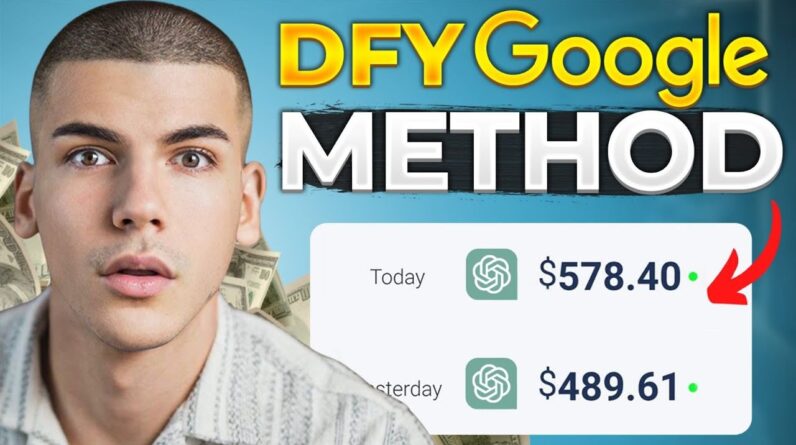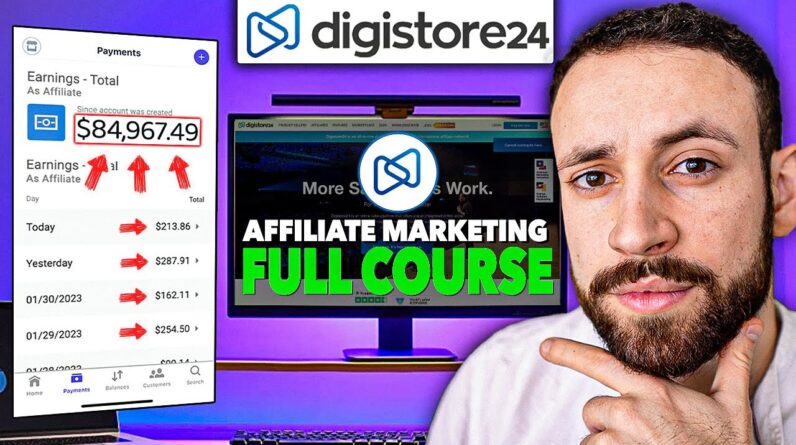– Welcome back everyone. I'm Rob Booker, I'm the
best-selling author of "Adventures of a Currency Trader". I've been a trader for 18 years. Welcome to our beginning
lessons on FX trading 101, sponsored by Forest Park FX. In this lesson, I want
to talk to you briefly about what an FX dealer is. So you're gonna see,
if you type into Google hundreds of FX dealers
appear in the search results. And I want to talk about the
major kinds of FX dealers and what kind of things you would look for in an FX dealer. Now, we're talking about spot FX. What that means is that
you're not trading futures, you're not trading stocks, you're trading what is called spot FX, or just sort of, the raw FX
settled on a daily basis.
That doesn't really have
any major repercussions, you can still bet that it's going to go up or bet that it's going to go down. An FX dealer is a company that is set up to be an intermediary
between you and the bank as you trade. Now, there are two major
kinds of FX dealers. One is what people refer to as STP or straight through processing. There's a lot of arguing online
about these kinds of things as you'll see as time goes on. This kind of dealer is said to be a dealer that will immediately match
your trade up with someone else inside the network or the bank. Immediately, so that all
the FX dealer is doing is acting as an intermediary
to immediately connect you to another person who wants
to take the other side of your trade, and if you win,
that other trader is a loser and if you lose, the
other trader is a winner. It is thought that straight
through processing, or it is widely considered to be maybe a better way to trade. I'm not sure that's really the case but you're gonna see
people talk like that.
You're gonna see people that
prefer to have their trades matched up with another
trader immediately. The other kind of FX dealer
is a dealing desk FX dealer. Now what this refers to is that, let's draw a picture of your computer here so you're trading on
your computer right here, and then your trade is
going to the FX dealer right here. So that's going to be
FX dealer right there. In a dealing desk situation, this dealer takes the
other side of your trade. If you say you want to buy Japanese yen, they're selling you Japanese yen. And if you lose, they win,
and if you win, they lose. Because they're the
other party to the trade. And it's often thought
that wow if you're dealing, if you're working with
a dealing desk broker, they're on the other side of the trade, and this could end up
being sort of an evil, nasty kind of company
because they can stop you out of your trades, or they might want you to
lose so that they can win.

And in the early days of Forex trading, that was really true. There were a lot of bad
players in the Forex market, they would be company set up, they would take the
other side of your trade but then stop you out and
argue with you on the phone and whatever else. But these days, there are very
few significant differences between the way that
you are quoted a price on either kind of broker or dealer. And there's very little
difference in how well you're gonna do as a
trader in dealing with either one of these two
types of brokers or dealers. Generally speaking, if you're dealing with a dealing desk broker, you can execute larger
trades without a problem because they will just take
the other side of the trade. If you're dealing with a
straight through processor and you're trading millions of dollars, you might have trouble getting
some of your orders filled all in one chunk because
they have to match you up with another trader inside
the system or a bank.
But for almost everyone
working or trading or whatever, there are not major problems
with one of these or the other, and I think that all arguments about this are basically a waste of time. What you really want to look for when you are choosing a dealer is the company size or the years, how many years
they've been in business. You want to check if
they're a public company, and you want to check that
the regulatory authority, so the reg authority is either, you want
your broker to be regulated by and this is my opinion anyway, you want them to be regulated in the UK, the US, or Australia.
These are the major regulatory
bodies that are the most sophisticated, and are doing
the best audits on brokers. Generally speaking, if your
broker is not regulated by one of those authorities, the European authority is pretty good too, but these three are the best. If they're not regulated
by those authorities, you may be dealing with a broker
that isn't going to answer to anyone if you have a
problem with your broker. And I'm exchanging the
words broker and dealer interchangeably but
they're really FX dealers is really what they're called. All these videos are
sponsored by Forest Park FX. If you're interested in FX trading, contact Forest Park FX
to get cash back rebates on every trade you place. You can contact them at forestparkfx.com. Remember, trading involves
a substantial risk of loss, terms and conditions will apply and you can find me at robbooker.com. I'm happy to be with you
and we will be right back with our next lesson.







